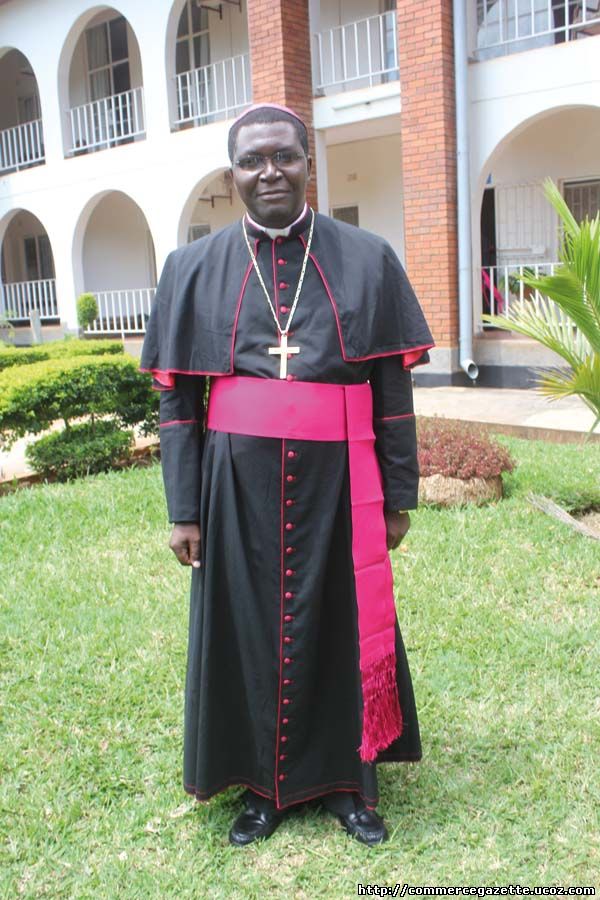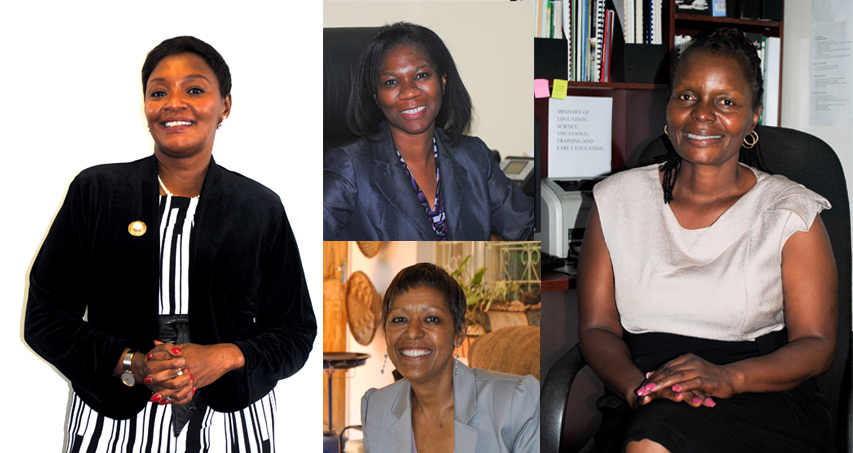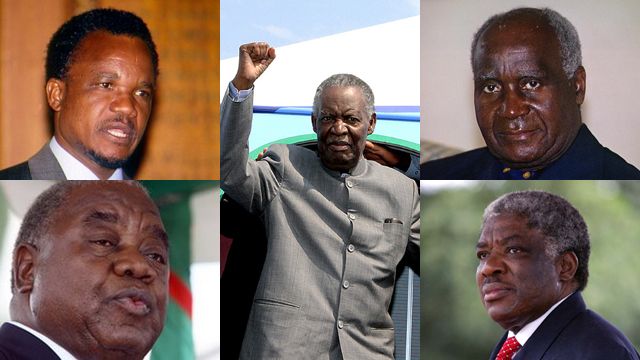Home »
2013 » November » 22 » Catholic Bishops urge government to be inclusive
1:11:05 Catholic Bishops urge government to be inclusive |

| Catholic Bishops urge government to be inclusive
The Zambia Episcopal Conference released their pastoral statement on government’s performance in 2012.
In the statement they discussed a number of varying concerns that affect the Zambian people.
Registration of all mobile SIM cards
On the business front the bishops comment on the call by government through the Zambia Information and Communication Technology Authority (ZICTA) for all mobile phone users in Zambia to register their SIM cards with service providers or risk having them deactivated.
According to ZICTA, the move is meant to deter criminality in Zambia and would be in accordance with the Information Communication Technologies (ICT) Act No 15 of 2009 and the Statutory Instrument on the Registration of Electronic Communication Apparatus No. 65 of 2011.
While the intention to deter criminality and control abuse of communication technologies is noble, they called upon the Zambian government to put in place legal guarantees for the protection of personal data and privacy.
The Judiciary
The pastoral statement said there has been persistent discourse on the state of the judiciary with respect to its independence and impartiality.
There are also many unresolved questions of public interest that have been left hanging and unanswered by the Executive. For example, when shall we see progress on the much talked about reforms in the judicial system? What is the current status of the Judge Chikopa Tribunal that was appointed last year? Why do we still have an acting Chief Justice and deputy Chief Justice? When are these structural issues going to be resolved?
To restore confidence the pastoral statement urged that the nation deserves answers and inform to avoid unhealthy speculation and rumours.
Human Rights
‘We demand the government to respect and promote human rights,’ the bishops said.
The statement said the Constitution of Zambia guarantees all people in the country fundamental human rights and freedoms.
Among the rights Zambians enjoy are the right to life, freedom of expression, freedom to association, movement and conscience. The government has therefore an inescapable obligation to promote and respect the human rights of citizens. This obligation also extends to citizens to respect each other’s rights.
The bishops said, ‘Despite having instruments and institutions designed to promote and protect human rights, the human rights situation in Zambia is deteriorating in a manner that is causing worry. Examples include the arbitrary use of power by government officials; intimidation and threats of arrest against leaders and individuals who speak against government; deportations and even threats to our own Catholic priests for sermons seen as critical of government’.
The Constitution making process
The bishops bemoaned that ‘up to now a people driven democratic constitution continues to elude us as a nation’.
‘This’ they said, ‘is in spite of colossal amounts of money and time that have been gobbled and wasted on this exercise. The Patriotic Front (PF), in their pre-September 2011 election campaigns promised the Zambian people a new constitution within ninety days of their accession to power. Today, sixteen months down the line, little progress, if any, seems to have been made on the constitution.’
The bishops said there are public misgivings on the current constitution-making process, in part, due to the following reasons:
a) The refusal of the current administration to give the constitution-making process a legal framework that would protect the process and the content.
b) The uncertainty and lack of a roadmap and a predictable timeline on the process has also led to doubts about the sincerity of government on the constitution. From the time that the Technical Committee started work on the constitution, several deadlines for completion of the process have been promised and missed. Currently we have a new deadline of 30 June 2013. We hope that this new milestone will be upheld and honoured.
c) The non-publication of the projected budget for the entire constitution making process: This state of affairs is unacceptable because it goes against the need for government’s accountability on expenditure. Government needs to exhibit transparency in this matter.
d) Uncertainty on the referendum question: The people of Zambia deserve better. We need a categorical assurance of a Referendum by the Executive because that is what the Zambian people want and this is what they were promised by the current administration.
The need for more consultation
The bishops urged the government to carry everyone along when important decisions are being made.
They said that in the recent past unprecedented government decisions and actions were being made by way of decrees.
However, though the constitution gives powers to the Republican President to make decisions even by decree, it is desirable and sometimes necessary to consult, as this facilitates prior understanding and appreciation of issues and guarantees success at implementation stage, the bishops said.
This was particularly notable they said in the case when government has announced the creation of new political boundaries and governance structures.
Another case of the absence of consultation is in the areas of education. The Education Act governs the government–church relationship in the education sector.
As major stakeholders, the bishops said they are dismayed by the growing tendency for unilateral pronouncements, circulars and directives coming from government functionaries. Some of these directives have far-reaching consequences in the manner Catholics run schools and sometimes border on matters of policy. Government would do well to consult with key local partners and stakeholders on such matters e.g. issues to do with school fees in our schools.
Similarly in the area of health, a Memorandum of Understanding (MoU) governs the Catholic Church’s relationship with the government.
The bishops said it is disheartening to see major decisions such as the realigning of their medical institutions to new government ministries taken without due consultation.
|
|
|
Category: Others |
Views: 16999 |
Added by: Mutale
| Rating: 0.0/0 |



